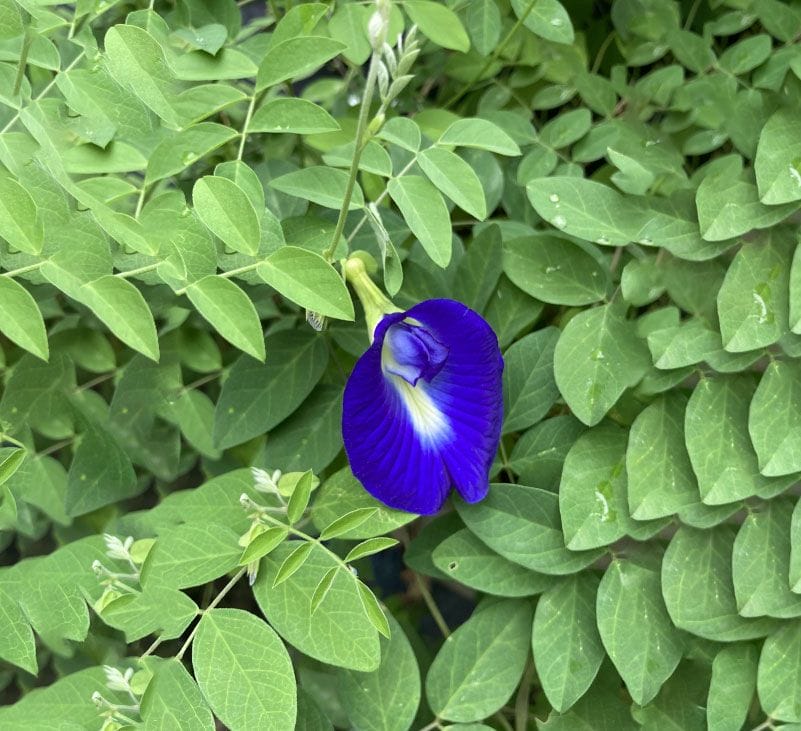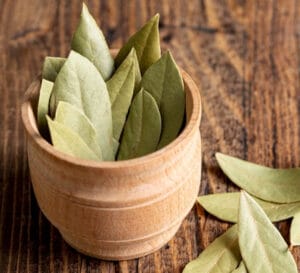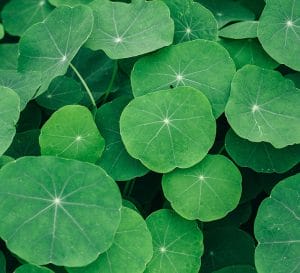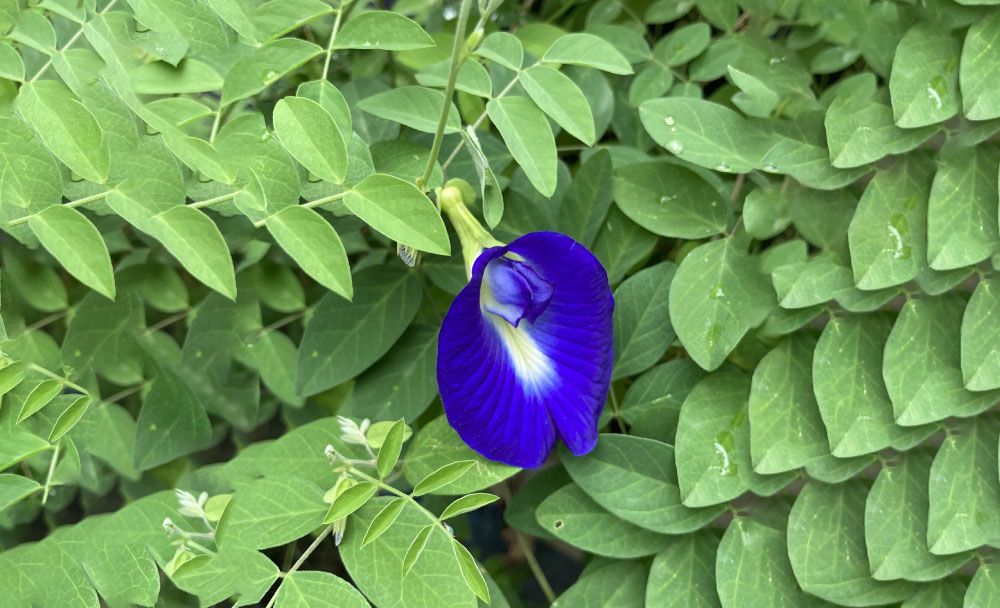
Shankhpushpi is a natural medicine that enhances memory power and rejuvenates nervous functions.[1] All the parts of the Shankhpushpi plant are considered a therapeutic source for various human diseases.[2]
Bitter and pungent in nature, it is considered a tonic that brightens intellect, is useful in bronchitis, improves complexion, helps in epilepsy and teething troubles of infants, etc.[1]
In this blog we will explore the benefits, uses, dosage, side effects and more of Shankhpushpi.
Shankhpushpi Benefits According to Ayurveda[1]
Shankhpushpi is one of the most important Medhya Rasayana drugs in Ayurveda.
According to the Ayurvedic concept, Rasayana therapy simultaneously affects the body and mind and brings about psychic and physical improvement. This therapy helps prevent the effects of aging, develops intelligence, and augments the body’s resistance to diseases. It’s a tonic for the brain that enhances memory and rejuvenates the nervous system

Shankhpushpi benefits include improving the balance and vitiation in Kapha-Vata-Pitta Doshas. Herbalists believe that Shankhpushpi calms the nerves by regulating the body’s production of the stress hormones, cortisol and adrenaline.
According to Ayurveda, actions of Shankhpushpi are:
| Medhya | Promotes intellectual capacity |
|---|---|
| Swarakarini | Improves voice |
| Rasayani | Rejuvenates the body |
| Kantida | Enhances the aura of the body and gives it a healthy look |
| Majjadhatu rasayana | Rejuvenates the nervous tissue |
| Unmadaghna | Alleviates insanity and emotional instability |
| Vrishya | Aphrodisiac |
| Pachambala | Increases the strength of the digestive system |
| Chedana | Laxative |
| Nidrajnana | Promotes sleep |
Traditional uses of Shankhpushpi[1]
Traditional Shankhpushpi benefits include improving strength, digestive power, complexion, and voice. It has also been used to cure intestinal worms, dysuria, animal poisoning, dyspnea, cough, diabetes, and uterine disorder.
The leaves and flowers possess hypotensive properties used for treating anxiety neurosis.
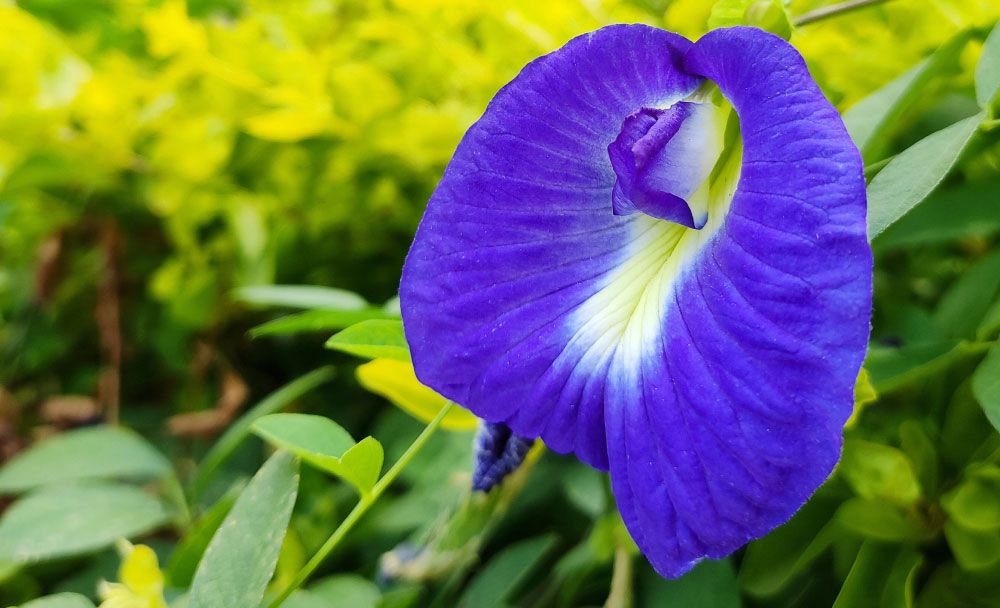
The tribals in Chhindwara, Madhya Pradesh, India describe it as anthelmintic. It is good for dysentery and is one herb that cures skin ailments and reduces high blood pressure.
In Gonda Uttar Pradesh, India, the leaves are recommended for mental disturbance and depression.
Dosage[1]
Shankhpushpi benefits can be leveraged by consuming it in the form of a powder, syrup, or tablets depending on the individual’s requirement and the health condition.
Side Effects[1]
While this herb is largely non-toxic, depending on the body’s reaction to the herb, there may be some side effects of Shankhpushpi.
These side effects may include anxiety, allergic reactions, appetite loss, gas, muscle cramps, etc.
FAQs on Shankhpushpi
1. What is Shankhpushpi?
Shankhpushpi is a natural medicine that enhances memory power and rejuvenates nervous functions.[1] All the parts of the plant are considered a therapeutic source for various human diseases.
Bitter and pungent in nature, it is considered a tonic that brightens intellect, is useful in bronchitis, improves complexion, helps in epilepsy and teething troubles of infants, etc.[1]
2. What are the Ayurvedic benefits of Shankhpushpi?
Shankhpushi benefits include improving the balance and vitiation in Kapha-Vata-Pitta Doshas. Herbalists believe that Shankhpushpi calms the nerves by regulating the body’s production of the stress hormones, cortisol and adrenaline.
3. What are the side effects of Shankhpushpi?
While this herb is largely non-toxic, depending on the body’s reaction to the herb, there may be some side effects of Shankhpushpi.
These side effects may include anxiety, allergic reactions, appetite loss, gas, muscle cramps, etc.
4. What is Shankhpushpi traditionally?
Traditional uses of Shankhpushpi include improving strength, digestive power, complexion, and voice. It has also been used to cure intestinal worms, dysuria, animal poisoning, dyspnea, cough, diabetes, and uterine disorders.
The leaves and flowers possess hypotensive properties used for treating anxiety neurosis. The leaves and flowers possess hypotensive properties used for treating anxiety neurosis.
Conclusion
Shankhpushpi is a natural and safe herb that has been used in Ayurvedic medicine for centuries. It offers numerous benefits, including enhanced brain function, reduced stress and anxiety, improved sleep, and boosted immunity. Shankpushpi is available in various forms and can be taken in different dosages depending on the condition being treated.
Disclaimer: The information mentioned here is for educational purposes only and is not intended to be an alternative to medical treatment by a medical practitioner. Please consult a professional medical practitioner before any dietary modifications.
References:
- A comprehensive review on Shankhpushpi a morning glory
- AYURVEDIC MEDICINAL IMPORTANCE OF Shankhpushpi (CONVOLVULUS PLURICAULIS): POTENTAIL COGNITION BOOSTING HERB




